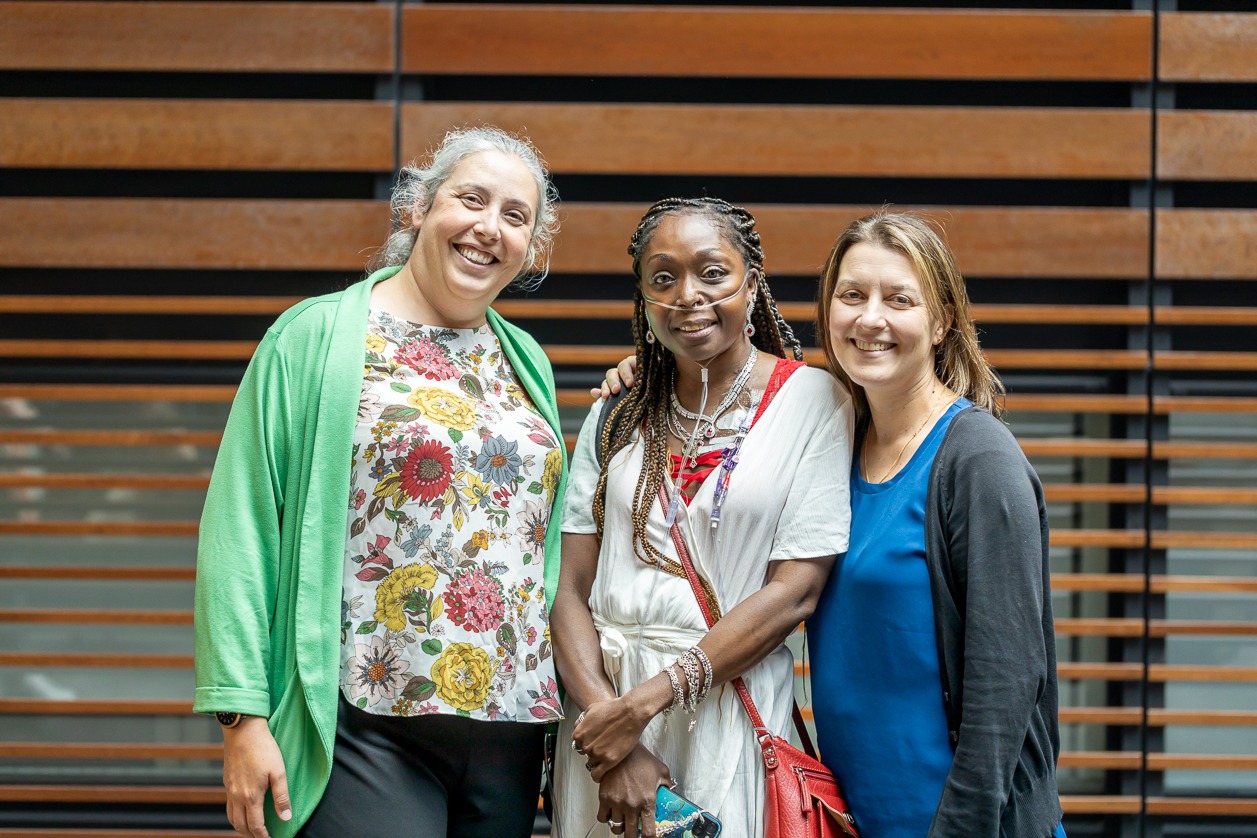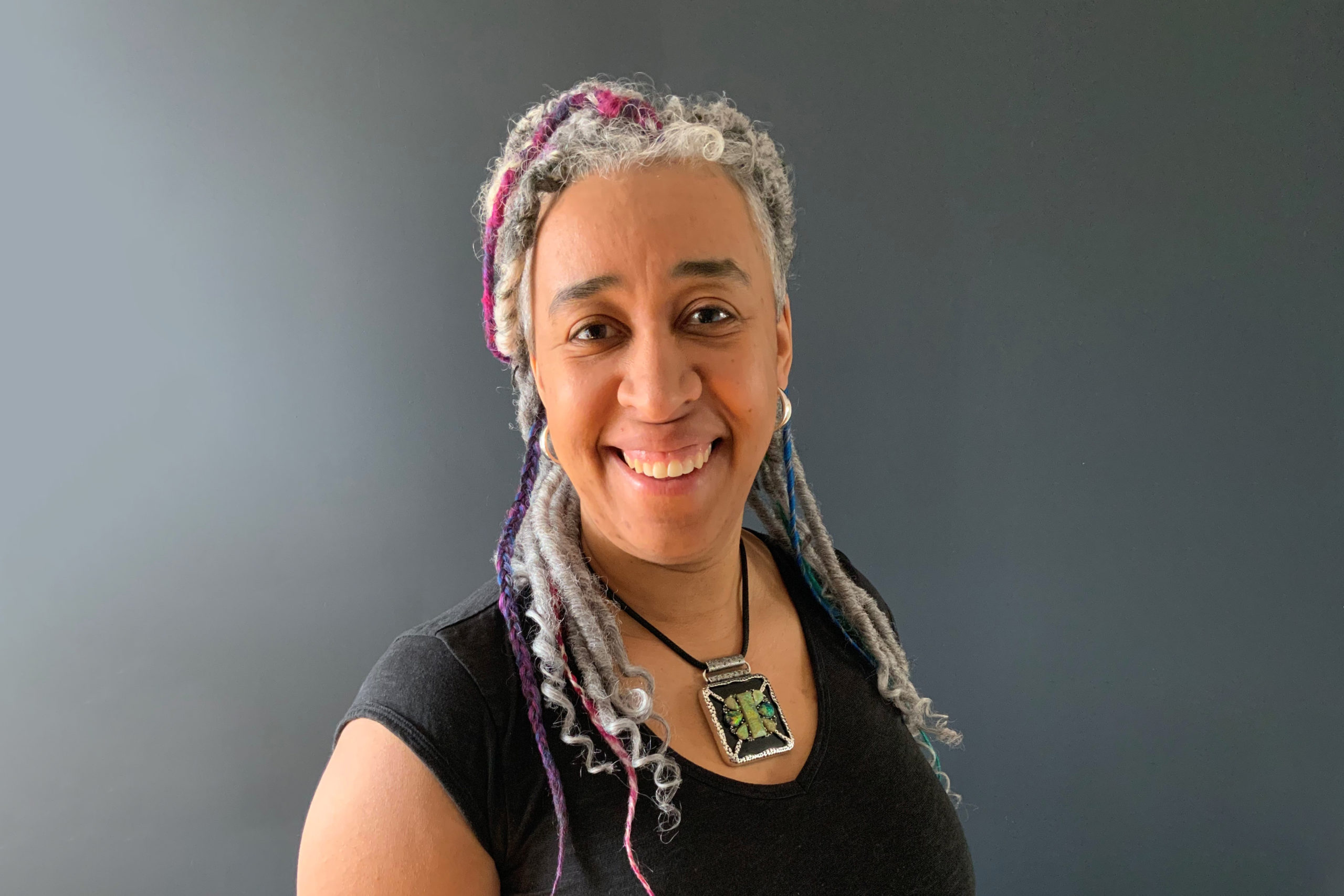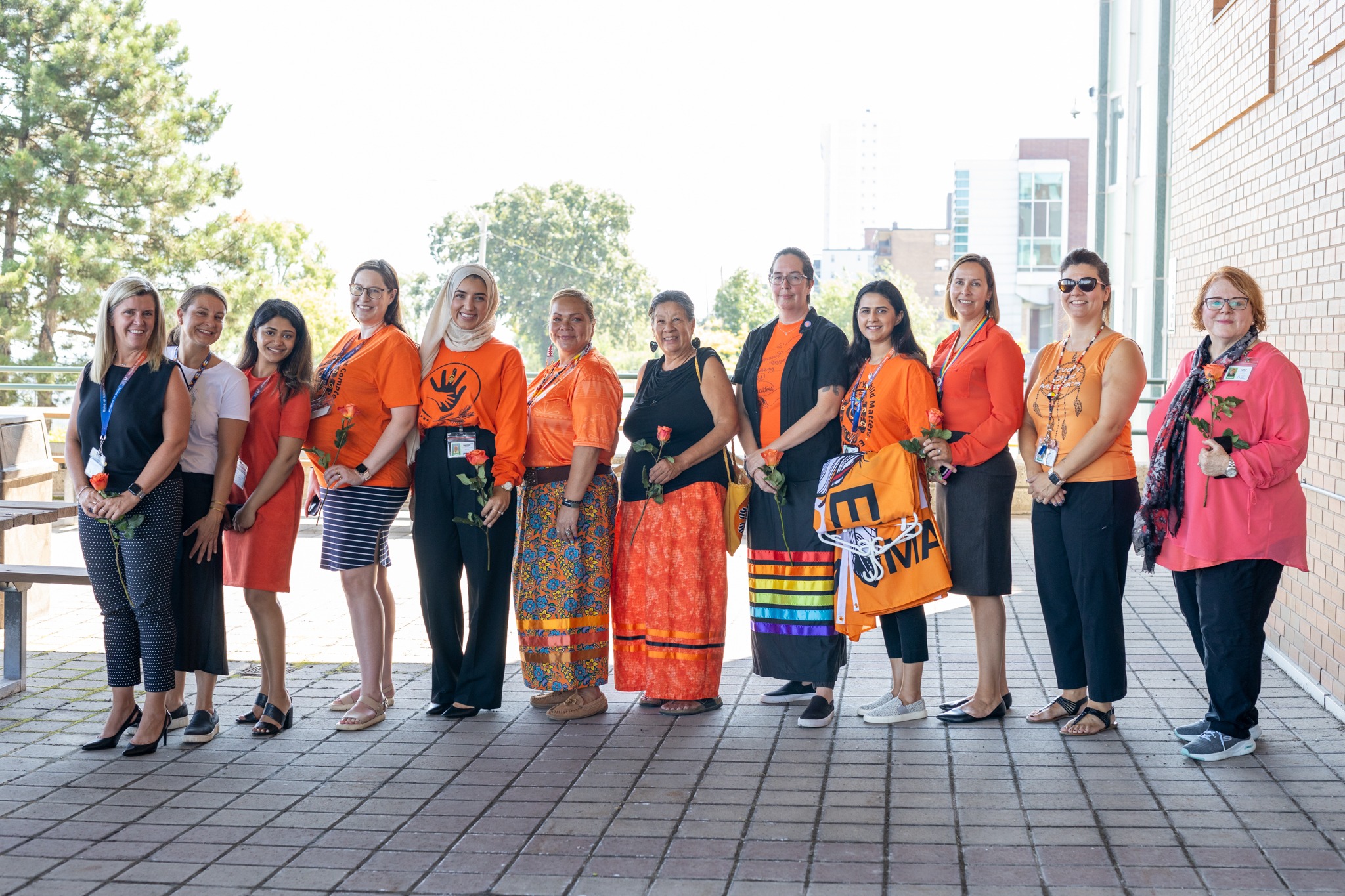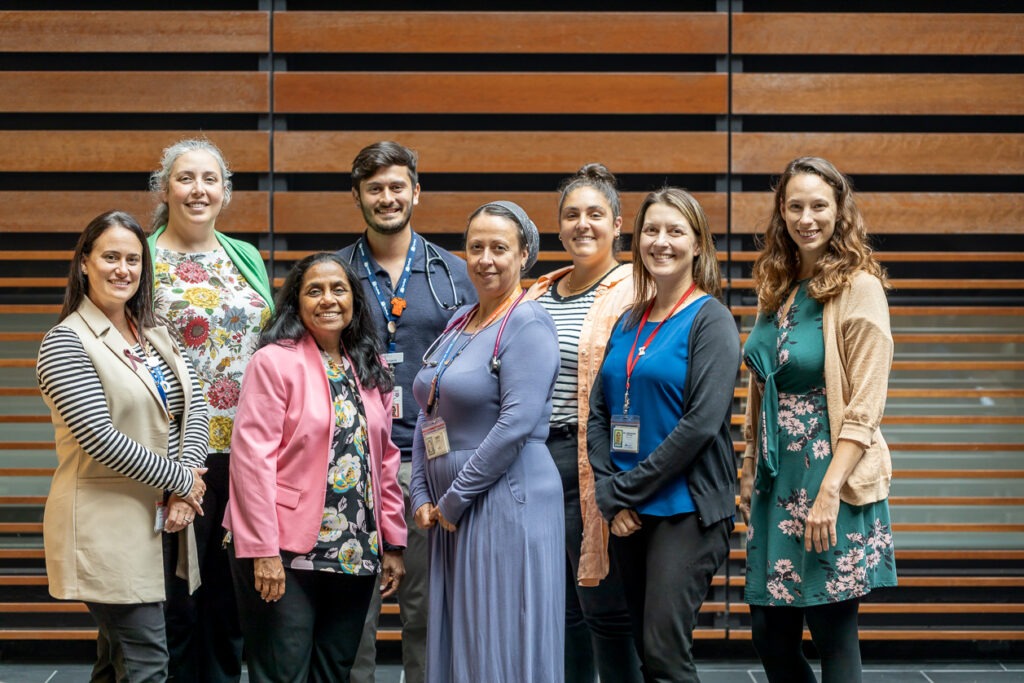
HHS Hemoglobinopathy Clinic a role model in health equity
Sickle Cell Awareness Month
September is Sickle Cell Awareness Month, aimed at raising awareness of this disease which impacts approximately 4,000 Ontario residents, according to the Sickle Cell Awareness Group of Ontario.
Sickle cell disease causes acute and chronic severe pain, resulting in regular trips to the emergency department, and can lead to fatal complications including damage to vital organs and premature death. The people it affects often face discrimination in addition to the challenges of living with this debilitating condition.
Celebrating 10 years of specialized care
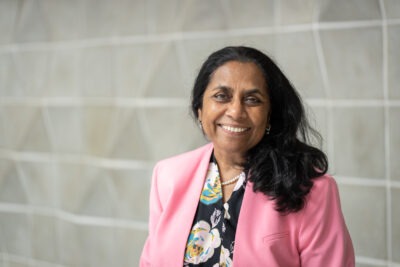
Dr. Uma Athale, pediatric hematologist
The Adult and Pediatric Hemoglobinopathy Clinic team at Hamilton Health Sciences (HHS) is passionate about creating a welcoming, caring and safe space for patients living with conditions like sickle cell disease.
“Our patients are a racialized minority population,” says Dr. Uma Athale, an HHS pediatric hematologist who helped establish the clinic 10 years ago at our McMaster University Medical Centre.
“Many are immigrants who may also face language and cultural barriers. And some have come from war-torn countries so they have their own personal trauma from those experiences.”
Providing leading-edge care
Hemoglobinopathies are a group of potentially life-threatening genetic disorders including sickle cell disease.
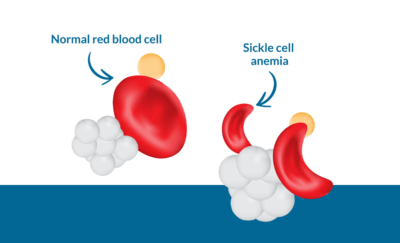
Image from The Sickle Cell Disease Association of Canada
This blood disorder causes red blood cells to become hard and crescent or sickle-shaped, making it difficult for them to travel through small blood vessels which then slows or blocks blood flow.
It can lead to health issues including strokes, serious infections and lung problems, and can occasionally be fatal. It affects people of African, Caribbean, Latin and South American, Indian, Asian, Middle Eastern and Mediterranean descent.
“A huge part of why I love this role is because of the advocacy work we’re doing to create safe spaces for people who have never before felt safe in health-care spaces.” Sarah Rashid, clinic social worker.
The clinic’s team of pediatric and adult hematologists, nurse practitioners, a nurse and social worker provide seamless care for patients from birth through adulthood with a focus on patient education and management of symptoms and complications.
Compassionate care for all ages
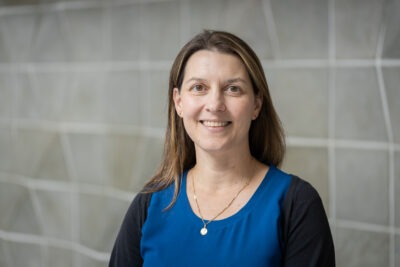
Dr. Madeleine Verhovsek, adult hematologist
Athale and Dr. Madeleine Verhovsek, a hematologist who treats adults, were both instrumental in founding the clinic 10 years ago.
“While care for patients with other blood conditions was excellent across the city before our clinic was established, there was no specialized care for people with hemoglobinopathies like sickle cell disease,” says Verhovsek. “These conditions are severe and lifelong, and we felt that there was a major inequity in health care for these patients.”
Building trust
Many of the clinic’s patients have a history of negative experiences with health-care systems in their home county or in Canada, so the team’s focus includes building trust as well as educating other health-care providers about caring for this patient population.
For example, sickle cell patients can experience severe, unrelenting pain. “If a sickle cell patient arrives at an emergency department in a pain crisis, they need to be looked non-judgmentally and given pain medication promptly,” says Athale. “As health-care providers we need to be educated about this patient population’s health-care needs, and be empathetic.”
A commitment to health equity
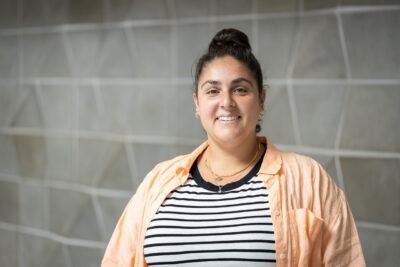
Sarah Rashid, social worker
Sarah Rashid is the clinic’s social worker.
“A huge part of why I love this role is because of the advocacy work we’re doing to create safe spaces for people who have never before felt safe in health-care spaces,” says Rashid, adding, “A vital first step in supporting these patients is acknowledging that systemic racism exists. Owning this as a health-care organization, and committing to eliminating systemic racism, creates trust with our families.”
Equity, diversity and inclusion (EDI) is a priority for HHS, because creating an environment where every person feels safe, included, respected, and valued for who they are is key to living our values as an organization. In June, HHS shared its 2023-28 EDI Plan, which outlines the steps that HHS is taking to advance EDI.
This story is one of a two-part series: Read Hemoglobinopathy Clinic “a lifeline” for sickle cell patients

